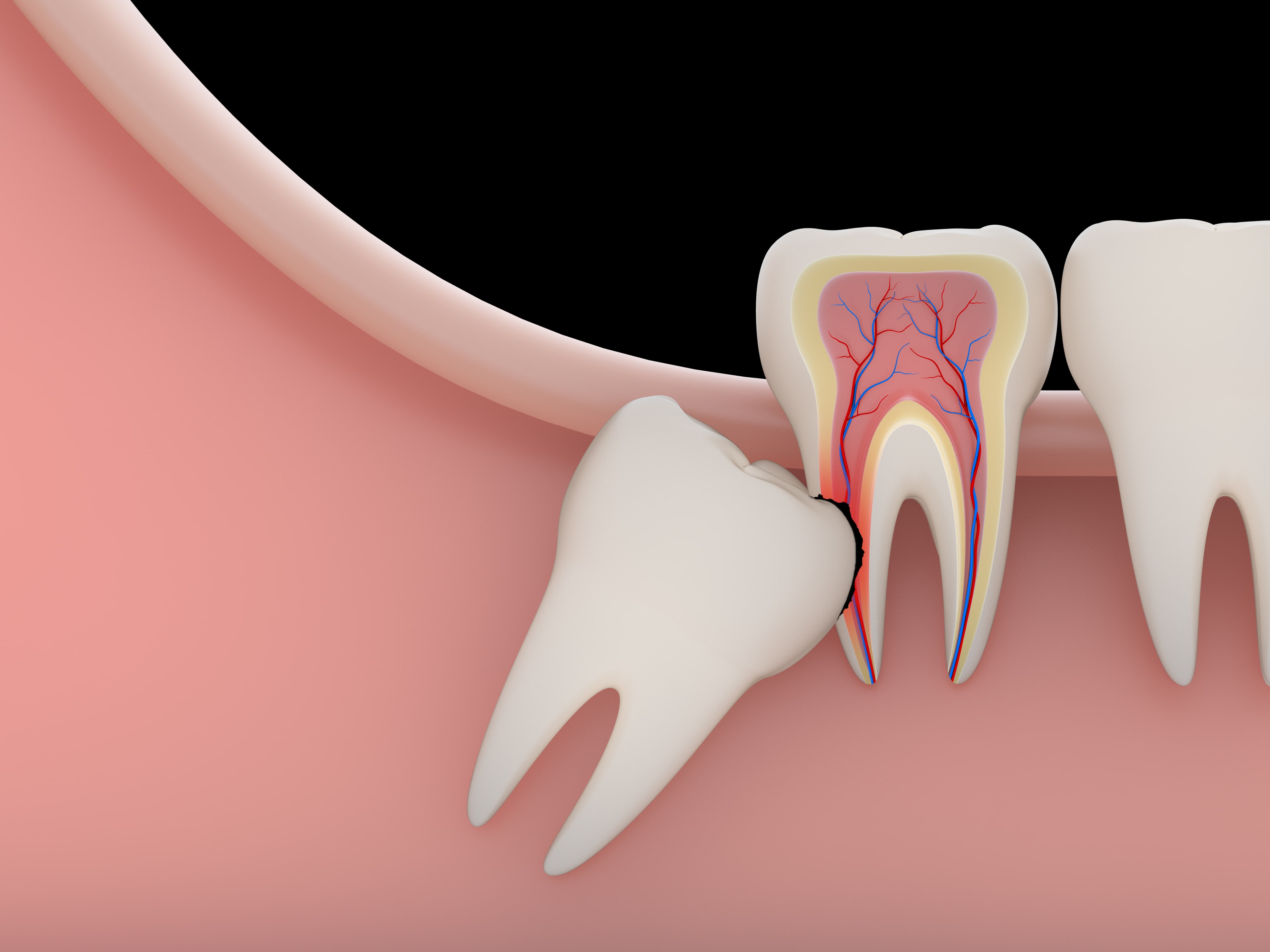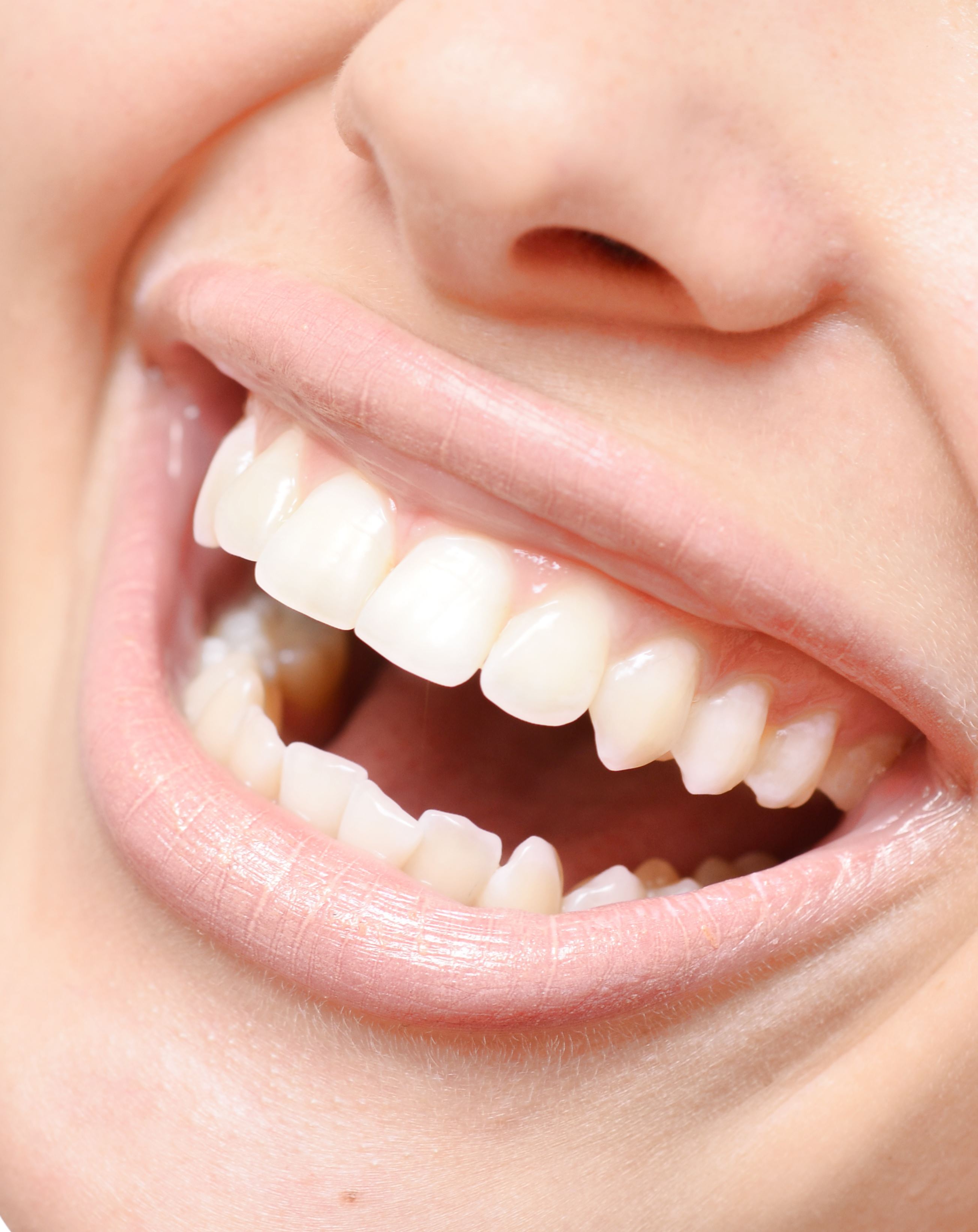781 Centre Road, East Bentleigh, VIC 3165
-
Mon- Fri 8am – 5pm
According to Dr Fonder, in an article written by him in his book the dental physician the dental distress syndrome is a result of a dysfunctional relationship between the upper and lower jaws that can create disturbances throughout distant areas of the body. It can be caused by loss of one or more of your teeth , to loss of the vertical dimension or the space between your upper and lower teeth to excessive tooth wear or an underdeveloped upper jaw. The relationship of the upper jaw to the lower jaw can affect over 50% of body functions including motor and sensory controls blood supply to the brain and electrical feedback to the brain in the cerebral cortex of human beings Macmillan in his article in 1950 states that over 50% of the brain is related to the dental area. So stressful malocclusion or poor relationship of the jaws results in more intermittent dental distress giving erroneous feedback to the brain constantly upsetting the balance of the body systems and reducing blood flow to the brain.
People with this thing the dental distress syndrome may complain of one or many of the following pain or tenderness in the joint area, difficulty in opening or closing headaches dizziness hearing loss depression worrying nervousness forgetfulness insomnia sinusitis fatigue indigestion constipation dermatitis allergies frequent urination kidney and bladder complications cold hands and feet back and leg axe numbness body posture problems and excessive grinding or gnashing of teeth. Dental distress syndrome is a dominant stressor of the body elimination of this can reverse many of these chronic conditions . if it is caused by a faulty proprioception faulty proprioception affects the fifth cranial nerve which serves the lower jaw this nerve has both sensory and motor functions and fax over 50% of the body functions .
The arteries and veins that bring bright blood to and from the brain flow directly through 68 pairs of dental muscles when the muscles become tight due to dental distress syndrome blood flow to the brain and that the pituitary gland is reduced.
When back teeth or loss of height of the posterior teeth allows the front teeth to touch too soon which activates the sympathetic nervous system body and decreases the parasympathetic nervous system of the body overstimulation of the sympathetic nervous system results in increased body activity increase stress increase heart and breathing rates decreased glandular stomach and intestinal activity. So is dental distress syndrome affecting you, most people are familiar with the common types of proprioception example unconsciously pulling your hand away from a hot stove or quickly and unconsciously lifting your foot if you step on attack very few people realise that the teeth and jaws are extensions of the brain and spinal cord at the most delicate proprioception your body is between your upper and lower teeth. To find out more contact us at East Bentleigh and book an appointment, to see one of our dentists concerning the dental distress syndrome.







